Word of the Week – ruth
With no apologies to Stephen Pastis, creator of Pearls Before Swine, I offer this week’s Word of the Week --- a post that was written weeks before this strip appeared:


With no apologies to Stephen Pastis, creator of Pearls Before Swine, I offer this week’s Word of the Week --- a post that was written weeks before this strip appeared:
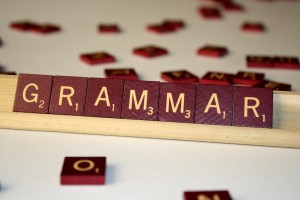
As if two-word homophones aren’t confusing enough, today we tackle the to-too-two dilemma. Too much for you? Not if you keep a few definitions in mind.

Last weekend we made the 1600-mile trip for my family’s annual reunion. As usual, it was a whirlwind trip as we attempted to see as many relatives and friends as possible in three days. And as usual, it’s left me feeling discombobulated.

Engaging prose makes good use of modifiers. Descriptive words---adjectives, adverbs, and phrases---add the kind of detail that draws the reader into a
story or clarifies a piece of nonfiction. But beware the misplaced modifier. Confusion or unintended humor can result when the descriptive word or phrase is placed too far from the word it modifies.

Hearing this line in a recent news report got me thinking about oxymorons.
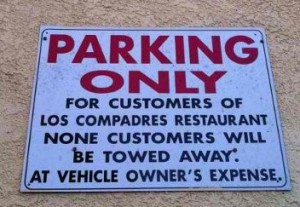
Perhaps no punctuation mark has many uses and therefore potential for misuse and abuse as the punctuation mark – as these ill-punctuated signs demonstrate.
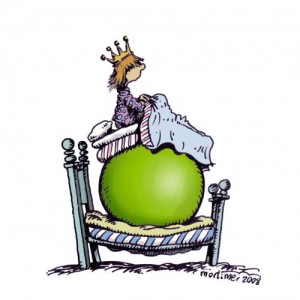
Niggle is an onomatopoetic word—one of several in the English language that sound like their meaning. According to the Oxford English Dictionary, the original British meaning of niggle referred to small, cramped handwriting. I suppose trying to read such writing could be niggling.
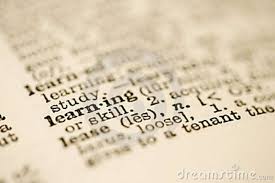
Do you know the difference between alter and altar? This writer (or her copyeditor) either didn't or hadn't had enough caffeine to have all his/her senses fully engaged, or this wouldn't have made it into print:
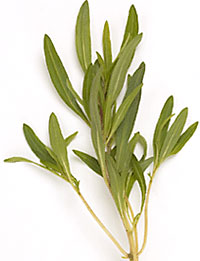
One of the email subscription services I signed up for at some point is a daily recipe. Like many of these services, which seemed like a good idea at the time, I delete most of them without opening. If the title of the recipe does not intrigue me in some way i.e. a new or unusual food I’d like to try or a favorite that’s in need of a new twist, I usually delete the message without even opening it. If the recipe interests me enough, I’ll check out the ingredients and prep time. If it meets my criteria: ingredients I have on hand or are not too expensive or difficult to find and 30 minutes or less prep time, it makes it to the Recipe Folder in my email manager. So far, it’s an entry only file. More going in than actually being tested in my kitchen.
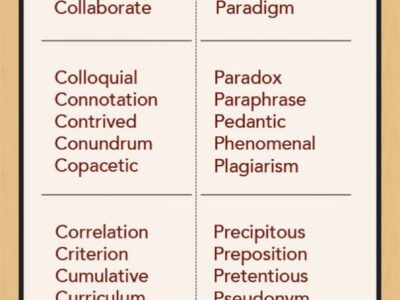
How many of these words do you know? Can you use them in a sentence?
